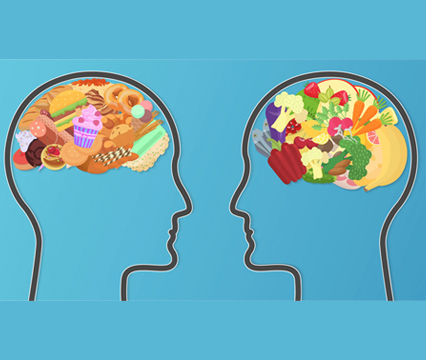Association of consumption of sugar-sweetened beverages with cognitive functioning among the adolescents aged 12-16 years in US, NHANES III, 1988-1994
Despite the available evidence on the impact of sugar-sweetened beverages (SSBs) on cognitive development, the evidence on this impact in adolescents, a vulnerable population, remains insufficient. SSBs represent a major contributor to the increasing trend of sugar consumption across the world. In this study by Yan et al. (2022), the authors used data from the National Health and Nutrition Examination Survey (NHANES) III in the years from 1988 to 1994 to investigate, in a population of 1809 children and adolescents (12-16 years old, 963 females), the impact of SSBs on cognitive functionality. Data on SSBs consumption was obtained through dietary intake frequency questionnaires, in addition to measurements of cognitive function. Interestingly, the authors observed higher arithmetic, digit span, and reading test scores in participants who drank SSBs 4-7 times per week compared to their peers who drank 0-1 SSBs per week. However, the likelihood of abnormal block design scores, in addition to abnormal digit span scores (in overweight and obese participants), was increased with an increased intake of SSBs. The authors conclude that despite their findings showing an enhancement in reading, arithmetic, and digit span scores with moderate SSBs consumption, an increase in SSBs intake was linked to anomalous block design scores, which warrants further studies to fully understand the impact of SSBs on cognitive function in children and adolescents. [NPID: Sugar sweetened beverages, diet, children, adolescents, cognitive function]
Year: 2022

 Navigation
Navigation






